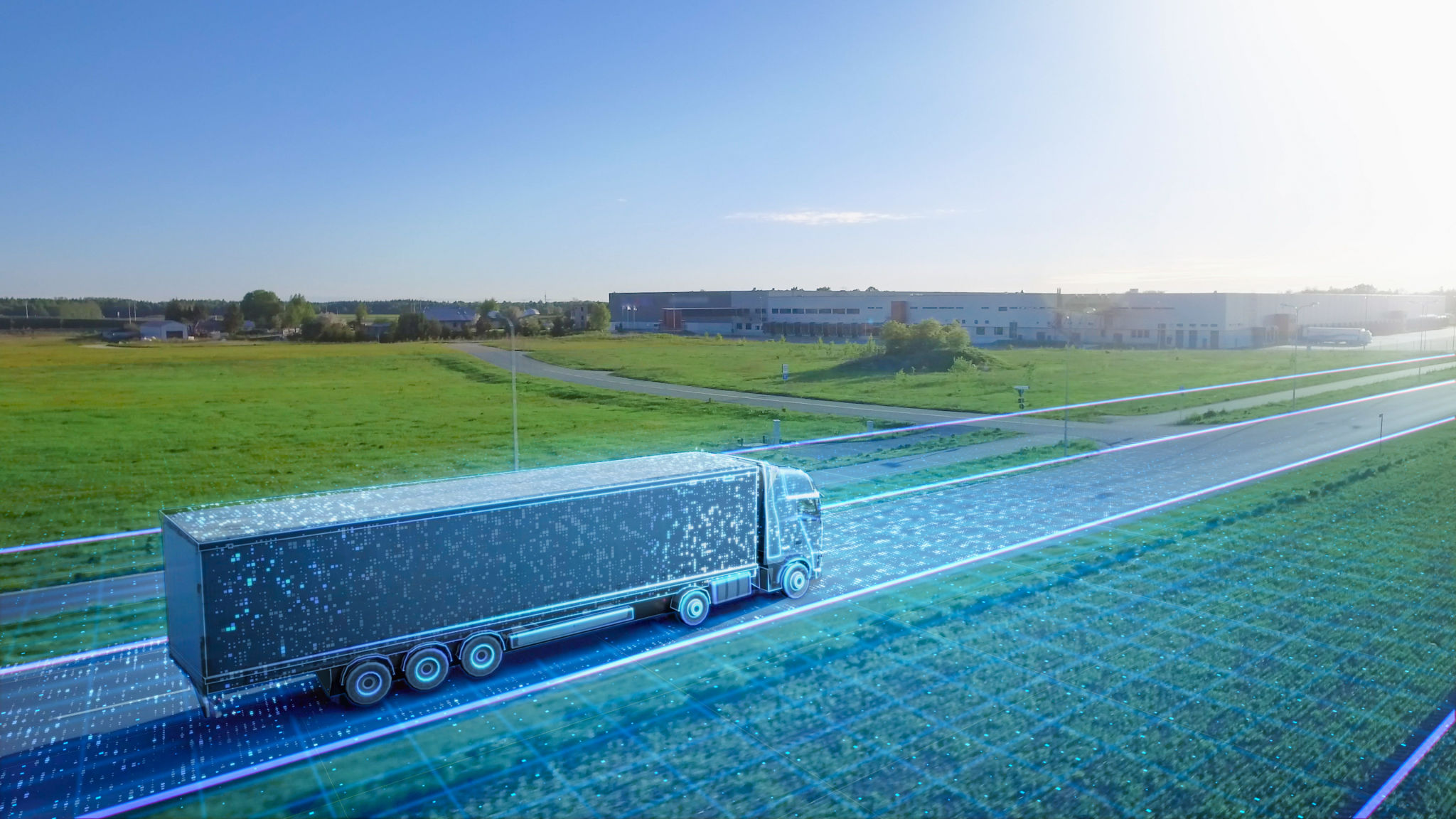Exploring the Latest Innovations in the Trucking Industry
Introduction to Recent Trends
The trucking industry, a cornerstone of global commerce, is evolving rapidly with technological advancements and innovative practices. As logistics challenges grow, companies are embracing new solutions to enhance efficiency, safety, and sustainability. This transformation is essential to meet the increasing demands of consumers and businesses alike.

Telematics and Fleet Management
Telematics has revolutionized fleet management by providing real-time data on vehicle location, speed, fuel consumption, and driver behavior. This technology enables companies to optimize routes, reduce fuel costs, and improve safety. By integrating telematics with advanced analytics, fleet managers can anticipate maintenance needs and avoid costly breakdowns.
Moreover, telematics helps in enhancing driver productivity. By monitoring driving patterns, companies can offer targeted training programs to improve driver performance and safety. The use of telematics is becoming a standard practice in the industry, helping to create more efficient and reliable transportation networks.
Electric Trucks: The Future of Sustainable Transport
As environmental concerns rise, the push toward sustainable transportation solutions is stronger than ever. Electric trucks are at the forefront of this movement, offering a cleaner alternative to diesel-powered vehicles. Major manufacturers are investing heavily in the development of electric trucks that promise reduced emissions and lower operating costs.

Companies adopting electric trucks can benefit from significant savings on fuel and maintenance while also enjoying government incentives aimed at reducing carbon footprints. As battery technology improves and charging infrastructure expands, electric trucks are poised to become a staple in the industry.
Autonomous Vehicles: A Glimpse into the Future
The concept of autonomous trucks is no longer a distant dream but an emerging reality. Autonomous vehicle technology aims to address driver shortages and improve road safety by reducing human error. Several companies are testing self-driving trucks on public roads, with promising results.
While fully autonomous trucks are still in the testing phases, semi-autonomous features are already being implemented. These include adaptive cruise control, lane-keeping assistance, and automatic braking systems, which enhance safety and reduce driver fatigue. The integration of autonomous technology will likely reshape the trucking industry landscape in the coming years.

Blockchain in Logistics
Blockchain technology is finding its way into logistics by providing a secure and transparent method of tracking shipments. This digital ledger system offers unparalleled traceability, reducing the risk of fraud and errors in documentation. By using blockchain, companies can streamline their supply chain processes and improve collaboration between stakeholders.
The benefits of blockchain extend to enhancing security and efficiency in customs procedures and regulatory compliance. As more companies adopt this technology, the potential for cost savings and improved operational efficiency in the trucking industry becomes significant.
The Role of Artificial Intelligence
Artificial Intelligence (AI) is playing a crucial role in transforming trucking operations. From predictive analytics for maintenance to optimizing delivery routes, AI is helping companies make data-driven decisions that enhance productivity and efficiency. AI-powered systems can analyze vast amounts of data quickly, providing insights that were previously unattainable.

Furthermore, AI is being used to enhance customer service by providing real-time updates on shipment status and delivery times. As AI continues to evolve, its applications in the trucking industry are set to expand, offering new ways to improve operations and customer satisfaction.
Conclusion: Embracing Change
The trucking industry is undergoing a significant transformation driven by innovation and technology. From telematics to electric vehicles and beyond, these advancements are shaping a more efficient, sustainable, and safer future for logistics. Companies that embrace these changes will be well-positioned to thrive in this dynamic landscape.
As we look ahead, it's clear that innovation will continue to drive progress in the trucking industry. By staying informed about these developments, businesses can adapt strategies that not only meet current demands but also anticipate future challenges and opportunities.